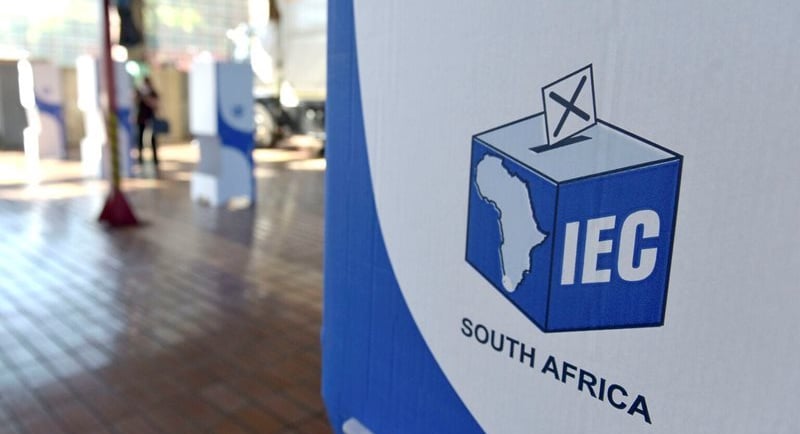IEC DISMISSES EMPLOYEE RESPONSIBLE FOR LEAKING ANC AND MK PARTY CANDIDATES LISTS.
The lists, containing personal details of both national and provincial candidates from the parties, circulated on social media last week.
EZOMPHAKATHI


The Electoral Commission of South Africa (IEC) has verified the termination of an employee responsible for leaking the candidate lists of the African National Congress (ANC) and uMkhonto weSizwe (MK) party.
These lists, encompassing personal data of both national and provincial candidates for the parties, began circulating on social media last week. They were submitted by the ANC and MK party on Friday afternoon, just before the IEC's 5pm deadline.
According to EWN, the IEC's chief electoral officer, Sy Mamabolo, confirmed the dismissal of the employee. “The commission confirms that the implicated official’s contract with the commission has been terminated.”
Source
On Monday, the IEC said it tracked the source of the leak.
Mamabolo said there were only two parties affected, and the official whose credentials were found to be used in the leak − although information was later deleted at the work station − has been asked to provide reasons why action should not be taken against them.
Credibility: Mamabolo defended the integrity of the IEC despite the premature disclosure of sensitive information originating from within its own ranks.
"The credibility of the commission does not hinge on a singular incident such as this leak," stated Mamabolo.
"While this occurrence is regrettable and should not have transpired, it does not define the entirety of the commission's credibility."
Voters roll: Mamabolo also addressed the IEC's voter roll, slated for certification on Tuesday and subsequent publication in provincial and municipal offices.
According to Mamabolo, a record-breaking 27.79 million voters are registered ahead of the national and provincial elections scheduled for May 29th.
This figure represents a substantial increase of 9.6 million (35%) compared to the 2019 elections, during which 26.7 million voters were registered.
